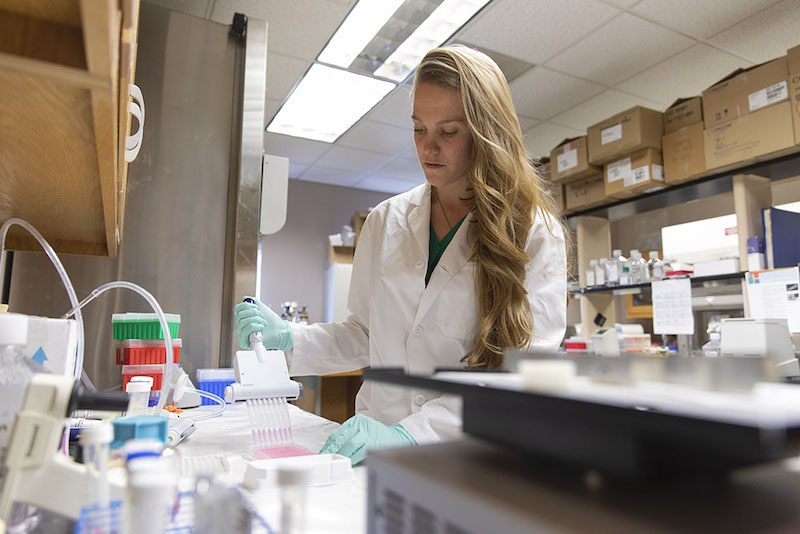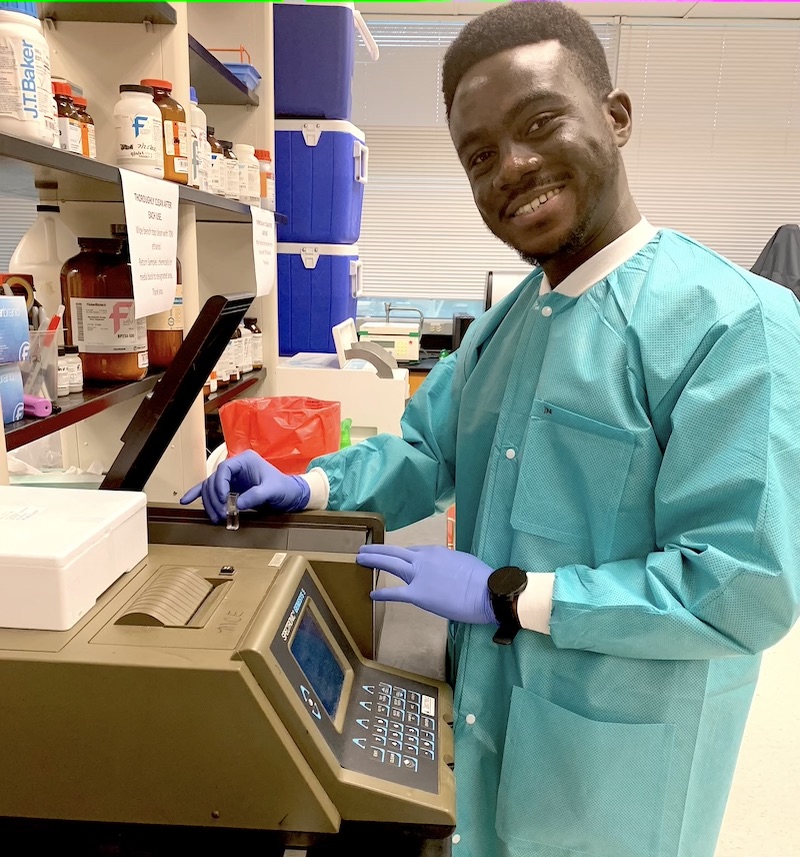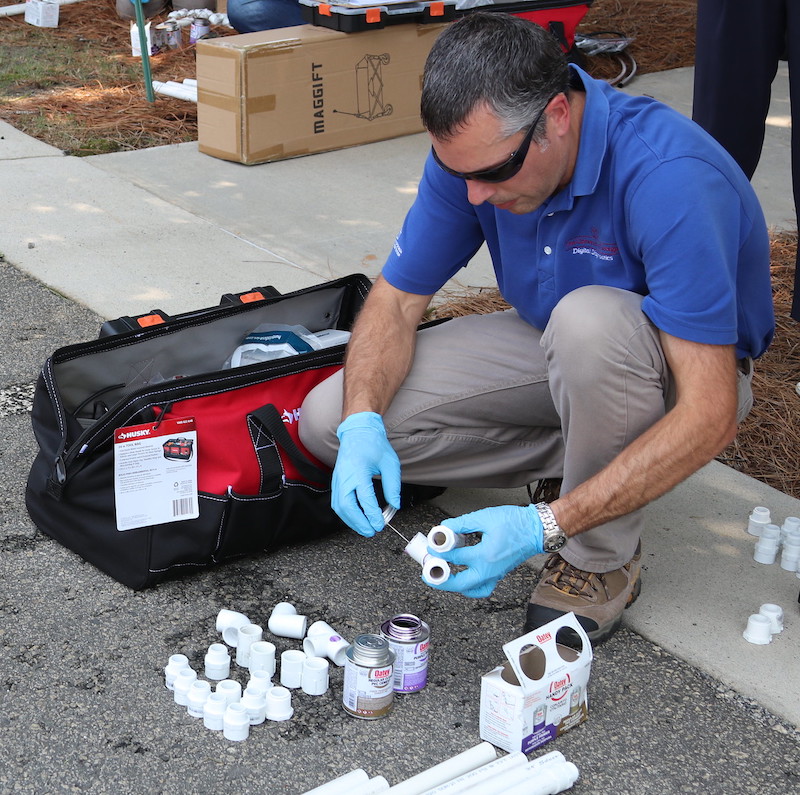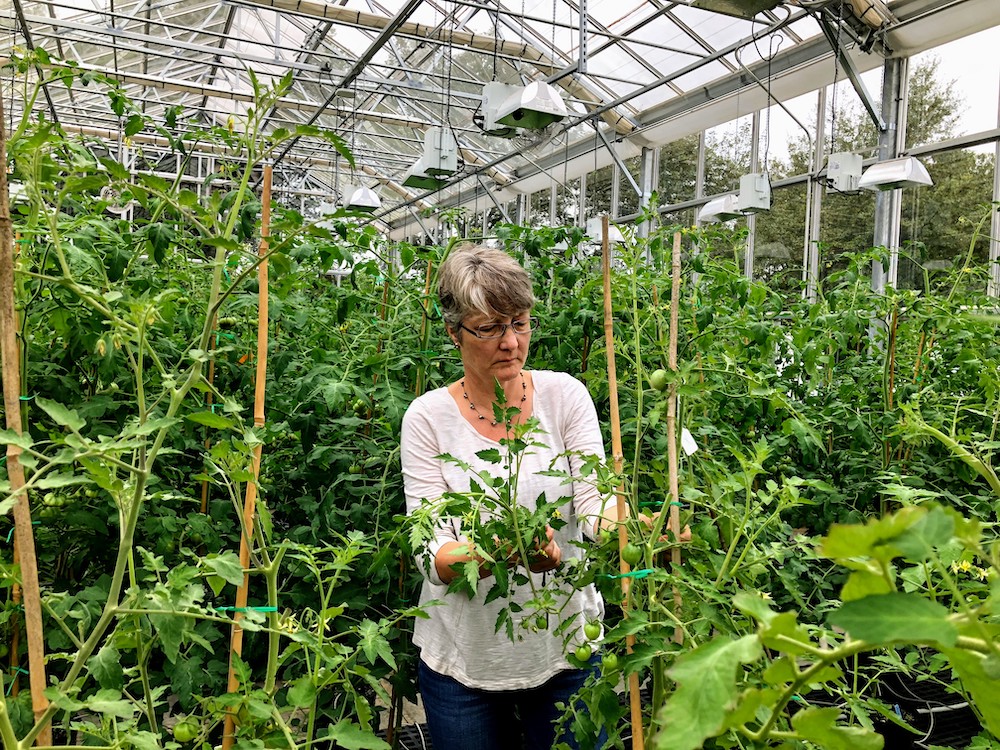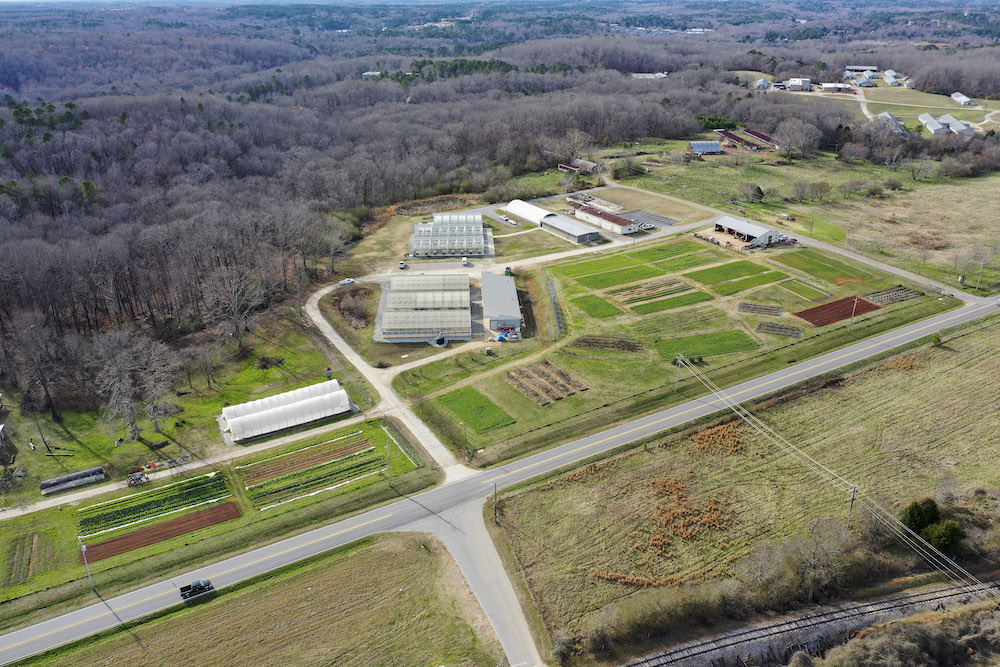 CAES News
CAES News
Georgia student selected as runner up for national 4-H award
National 4-H Council today announced that Lavendar Harris of Covington, Georgia, is a runner up for the 2020 4-H Youth in Action Pillar Award for STEM.

